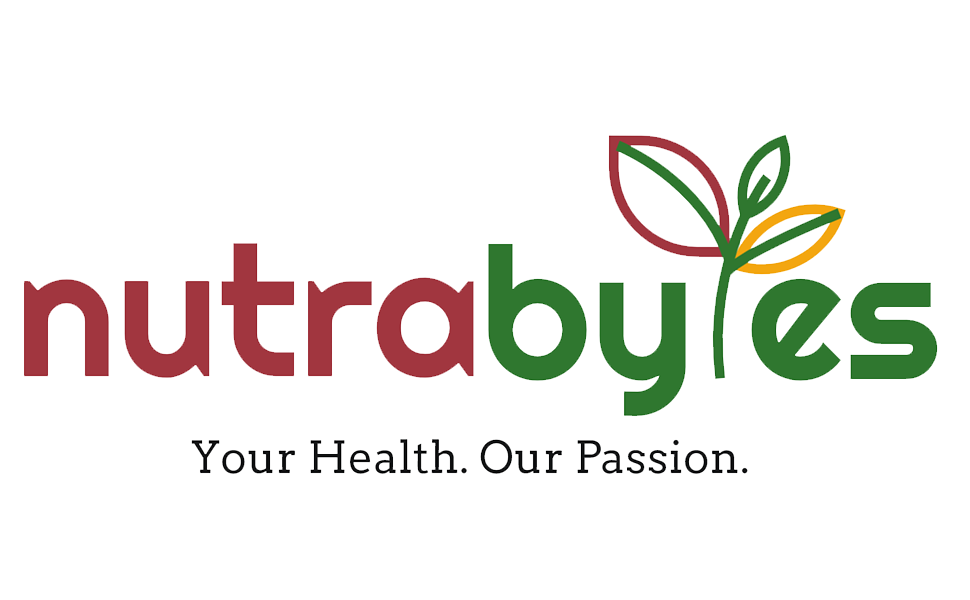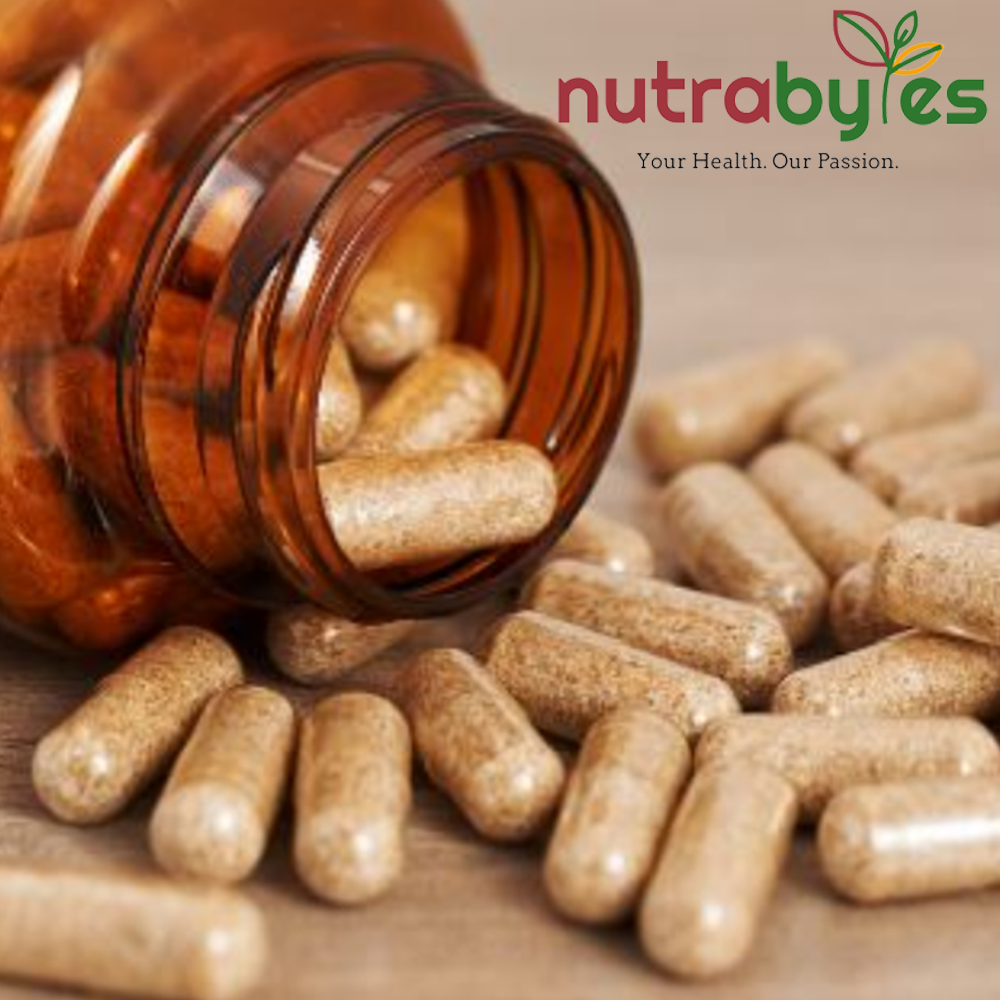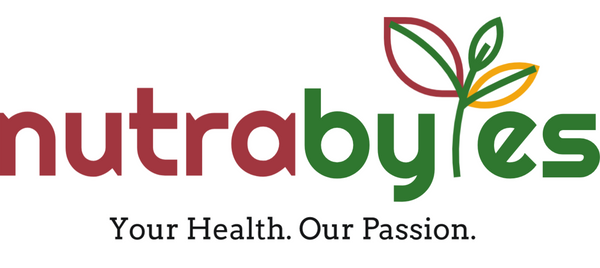What is Collagen?
Collagen is a protein that is found in our bones, skin, muscles, tendons, and other connective tissues. It is the most abundant protein in our body and makes up about 30% of our total protein. Collagen has many essential roles in our body, such as helping our blood clot, assist with muscle recovery, and providing structure to our skin and other connective tissues.
There are five different types of collagen in the body with Type 1 being the most abundant and making up about 90% of the body's total collagen. The other most abundant collagen is Type 3.
Collagen supplements are becoming increasingly popular. They are available in different forms such as powder, liquids or capsules. For example, powders can be easily added to smoothies, coffee, tea or even your breakfast cereals.
Collagen supplements are believed to improve skin health by slowing down the skin’s natural ageing process.
Collagen has been proven to significantly improve skin hydration, elasticity, wrinkle reduction, reduce roughness and improve density.
It’s important to ensure that your diet contains adequate levels of proteins to get both glycine and proline amino acids that are needed to make collagen. Foods that contain gelatine are also a good source of collagen because gelatine is essentially cooked collagen. These proteins include meat, chicken, turkey, fish, seafood, fish, dairy products such as milk and yogurt, eggs, legumes and tofu.
What about Collagen Supplements?
There are a few different types of collagen supplements available: animal (which is normally bovine sourced) and marine (from fish). and there are even some vegan brands also coming onto the market that are made from vegan proteins such as chickpeas.
You can buy collagen as a powder, which can easily be added to smoothies or your morning coffee, ready to drink liquids (Liquid Collagen), or in capsule form depending on your preference. You may also see words such as hydrolysed collagen and collagen peptides when looking at supplements, but they are effectively the same thing.
Collagen Has Promising Health Benefits
Skin health
Collagen levels decline with age, which supposedly leads to the appearance of wrinkles, dry skin, and other issues. In a randomized control trial, researchers found that collagen may have beneficial effects on human skin health, particularly in people over 35 years old.

Hair and nails
As a protein, collagen is mostly found in skin, hair, and nails. As we age, our collagen levels drop, which may lead to the weakening of our hair and nails. Two small studies found that perhaps supplementing collagen may help support the body’s hair building proteins and reduce the risk of brittle nails in aging individuals.

(Improves Hair Growth)

(Improves Nail Health)
Joint health
Collagen provides us with a cushioning layer between our bones, which enhances our flexibility, and reduces joint pain and stiffness. Some evidence suggests that supplementing with collagen may help improve joint mobility, and reduce joint pain in aging individuals.

Arthritis
In rheumatoid arthritis patients, collagen may help reduce the swelling in tender joints and reduce some uncomfortable symptoms common to RA. Additionally, collagen has also proven to be useful to aid patients with osteoarthritis in their mobility and overall quality of life.
Gut health
Patients suffering from leaky gut syndrome, inflammatory bowel disease, and other gut health disorders may benefit from taking collagen. Many patients with inflammatory bowel disease reveal lower than average serum concentrations of collagen, and it’s believed that increasing those levels may prove helpful. Collagen is believed to help with overall better gut health.
Metabolism
Collagen also plays an important role in the development of lean muscle mass by helping convert glucose into energy used for muscle cell development. Having lean muscle mass means you have a faster metabolism, which means you can burn fat and lose weight more rapidly. Researchers measured the effects of collagen supplementation in combination with resistance training and the results showed that collagen can improve body composition and increase muscle mass.
Who Can Benefit From Taking Collagen?
Three groups could most benefit from taking collagen: aging adults, those with joint problems, and weak bones.
As we age, we lose collagen in our skin, tendons, ligaments, and bones. The loss of collagen in the skin, as it’s understood, can be noticed by the appearance of wrinkles.
And as we’ve learned earlier, some studies support supplementing with collagen because it can reduce the swelling in tender joints, as well as some of the pain. Additionally, it may help provide you with additional mobility, and hence, a better quality of life.
Finally, a review of the medical literature found that hydrolysed collagen had positive therapeutic effects on osteoporosis—a degenerative bone disease. The effects included a potential increase in mineral bone density (which is what they use to measure osteoporosis) and also a protective effect on articular cartilage, and pain relief.
What Are The Side Effects Of Collagen?
Collagen supplements, in general, are not known to cause any negative side effects, and thus are well-tolerated and considered safe as long as you respect the instructed dosages.
Reference Links:
https://www.healthline.com/nutrition/collagen-benefits
https://www.healthline.com/nutrition/collagen
https://www.webmd.com/diet/collagen-health-benefits
https://my.clevelandclinic.org/health/articles/23089-collagen




























